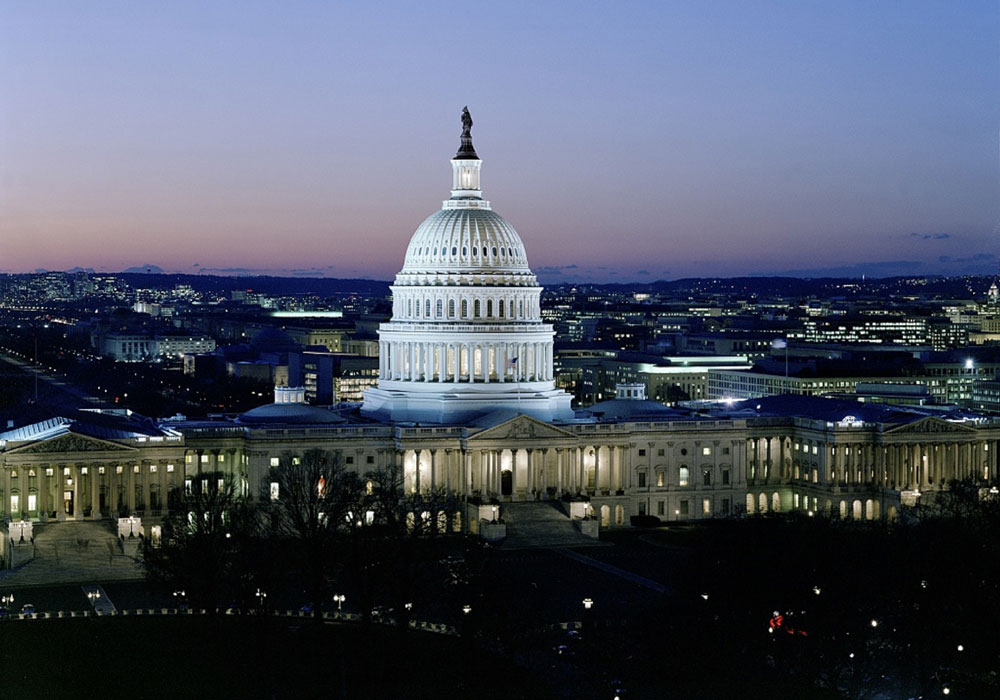Sharpless Returns As NCI Director
Ned Sharpless, MD, an oncologist by training, has had a year of transitions. He began his Washington career as the National Cancer Institute director in 2017, but after two years at the helm, he was tapped to be acting U.S. Food and Drug Administration (FDA) commissioner when Scott Gottlieb stepped down in March 2019. However, after heated discussions with the Senate over the perceived lack of action from FDA regarding restrictions to vaping and tobacco products, the Trump administration likely reconsidered his role at FDA and sought to find a more permanent appointee.
When Stephen Hahn, MD, was nominated to lead FDA, Sharpless could resume his post at NCI. The cancer advocacy community is thrilled to have the director return to the institute, where he has been a popular and effective administrator. ONS and its advocates work together with NCI to help address issues the cancer care community faces. Join your voice and effect change in oncology practice.
Vape Shops Likely Exempt From FDA E-Cigarette Rule
White House adviser Kellyanne Conway laid out a scenario where the Trump administration, through the U.S. Food and Drug Administration (FDA), would exempt vape shops from upcoming regulations by drawing a line between different kinds of e-cigarette flavorings. The Campaign for Tobacco Free Kids—of which ONS is a member—and other advocacy and providers groups have strenuously opposed the potential distinction.
FDA hasn’t formally commented on the designation, but the public health community is actively fighting to maintain a wider scope for all vaping products to help curb the youth vaping epidemic. As federal and state legislation continues to evolve, ONS will be a leading voice in the vaping issue.
Single-Payer Health Care Could Pass Through States
When the federal system seems too sluggish, states often step in with their own legislation to see faster movement on an issue. In this case, Ro Khanna (D-CA) proposed a system that would fund a single-payer healthcare option at the state level with assistance from federal dollars. By giving states the flexibility to allocate their federal healthcare funds into a single-payer plan, Americans could have a viable universal option that would be governed by their state’s legislature.
To qualify under the proposal, states would have to create a plan to effectively cover at least 95% of its population within a five-year period. It’s an interesting design but, as with all things political, seeing it on paper and enacting it in practice are two different things. ONS advocates are invaluable to the access and affordability conversation as new proposals begin to arrive. Join your voice to ONS’s efforts today.






